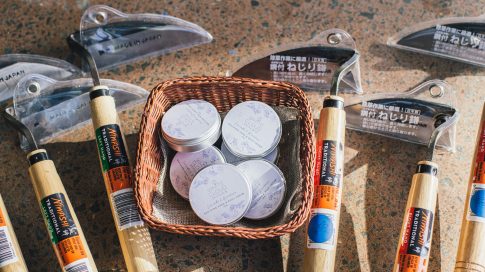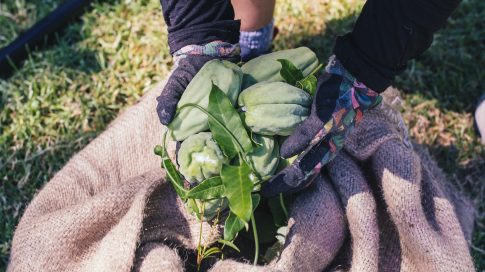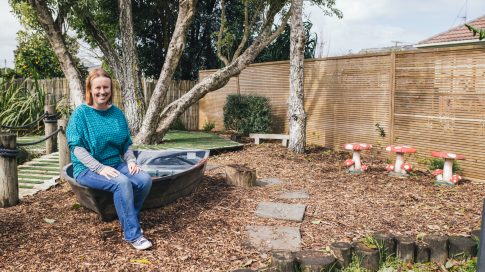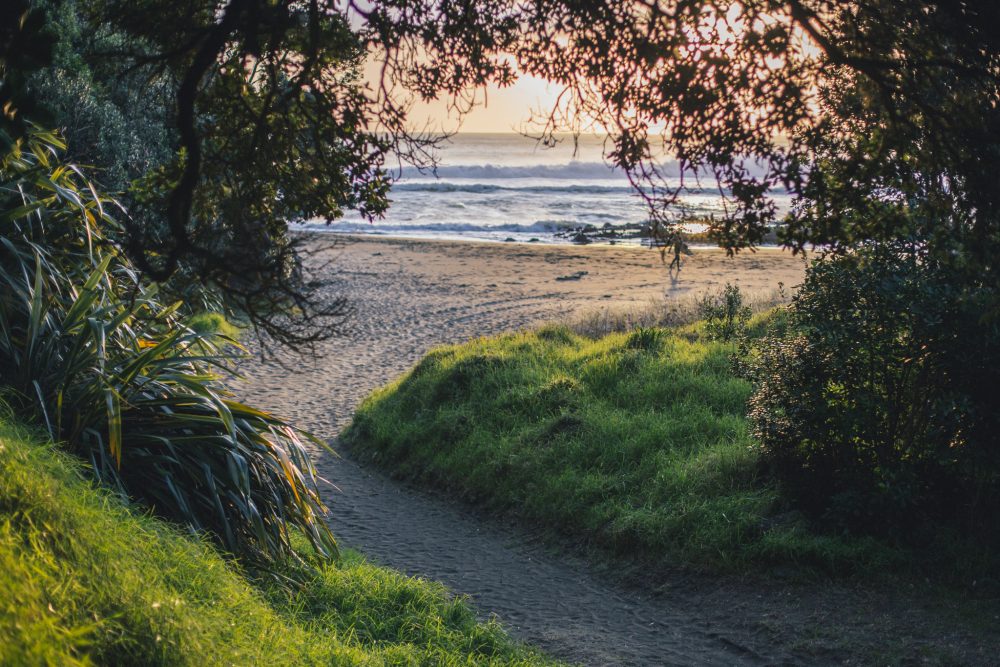
Finding hope in adversity – the unique opportunities of COVID-19
Posted:
EcoMatters CEO Damon Birchfield reflects on what we can learn from the challenges of COVID-19.
What a difference a month makes. In February COVID-19 was a new virus that struck in the little-known Chinese province of Wuhan and looked like it could, perhaps, be contained within Asia. Now we, and a ballooning number of other nations, are under a nationwide lock down – the first in New Zealand’s history.
The question that’s been occupying me and I’m sure others with an interest in sustainability, perhaps presumptuously given this epidemic containment strategy still has a long way to go, is what can we learn from this COVID-19 disaster?
Watching the world change
My partner and I flew into the United States on February 27 unaware we’d booked a front row seat to witness the last days of relative normality in mega-cities New York and Los Angeles.
What unfolded was a dramatic lesson in the speed of global change. As people realised the risk the virus presented, the stock market plunged and a week later downtown Manhattan was shut down.
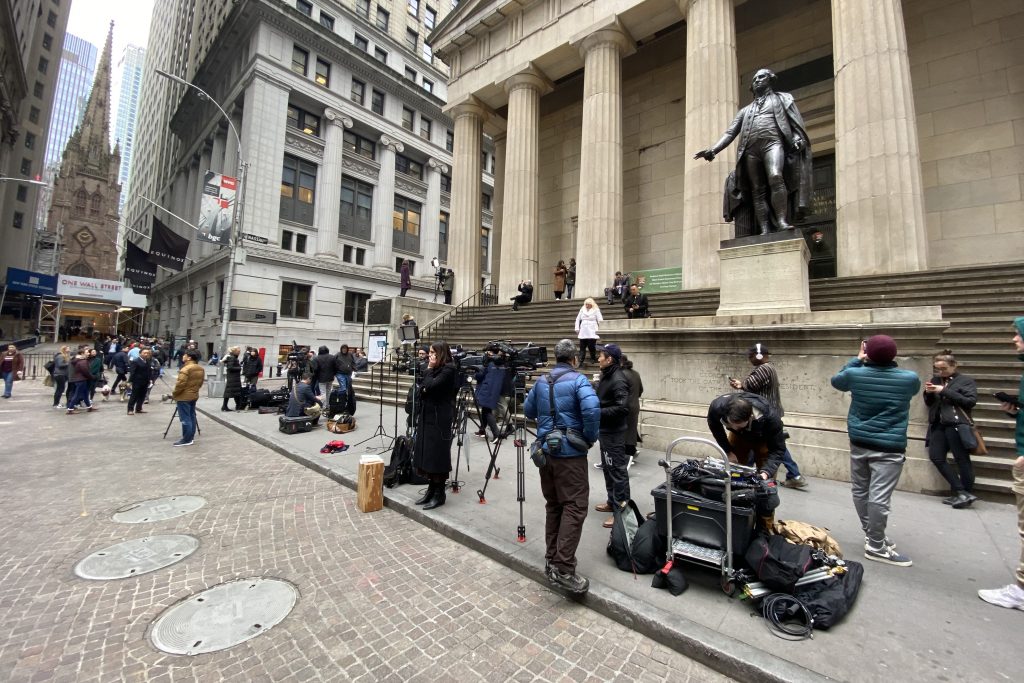
Journalists outside the New York Stock Exchange, reporting as the market falls.
The last two days of our stay in Los Angeles were spent in our hotel room. The restaurants and cafes were empty. Queues lengthened outside supermarkets and people panicked to buy toilet paper and hand sanitiser.
We arrived back in Aotearoa just in time to comply with new border control measures requiring all returning travellers to self-isolate. New Zealand’s borders closed a week later. Since then, we’ve spent two weeks in quarantine and, while I’ve been busy working remotely, life at home has slowed dramatically.
The unexpected upsides of slowing down
Slowing down has benefits, and even unexpected upsides. It feels as though our planet’s environment might be benefitting from such a dramatic reduction in human commercial, industrial and frenetic social activity. Marine life is returning to the canals of Venice. Air pollution in Beijing has subsided and the city reportedly experienced five days of sunshine for the first time in decades.
Self isolation at home has also kick-started me into gardening again, tackling gorse and pampas grass, sowing vegetable seedlings and, I confess, killing possums – not something I particularly enjoy but, an activity I begrudgingly undertake. Our Timms trap has ensnared six possums in 14 days. I’m also thinking differently about what constitutes success. I’m counting birds. And I believe, as the possum numbers fall, more birds are hanging out at our place.

There’s time to notice our native birds.
The challenges for our organisation
Two weeks ago we planned to celebrate the launch of our EcoFest West festival. Months of hard work were about to come to fruition. We’d planned more than 100 workshops and events. We postponed the opening event and two days later the Government banned gatherings of more than 100 people.
These last few weeks have been about adaptation and being able to pivot and respond to the daily flow of new information. The pace of change has quickened but the pace of life in self-isolation seems to have slowed.
What I’m learning
My first lesson feels somewhat selfish. I feel lucky to live in this country. The remoteness of the South Pacific can, at times, take a toll but this pandemic reminds us that New Zealand can close its borders and protect itself in unique ways.
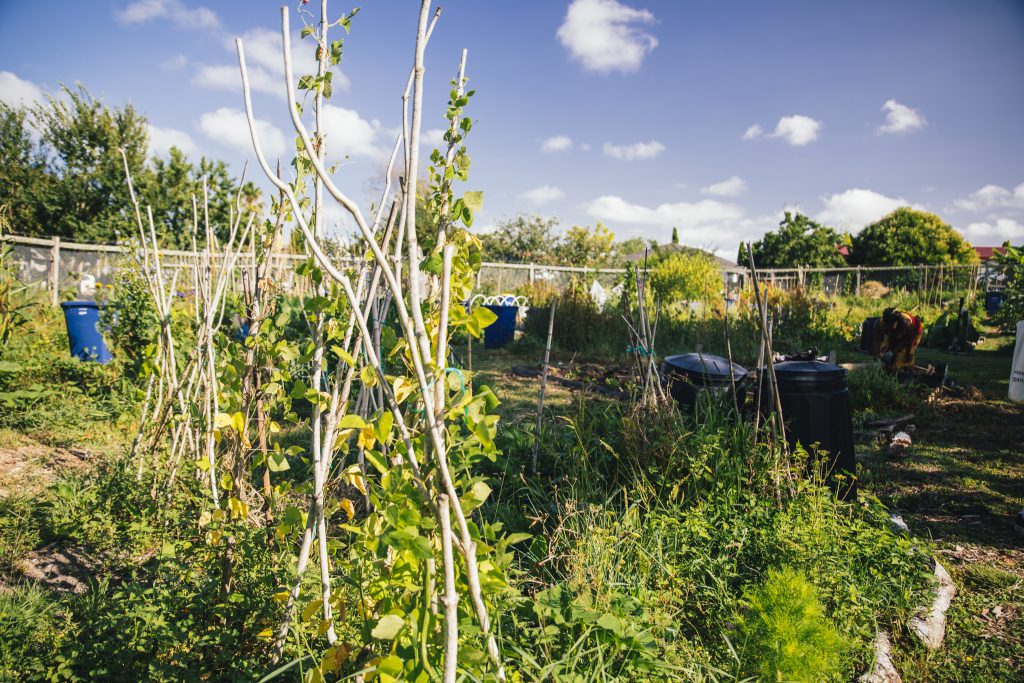
The situation highlights the need for a resilient local food network.
We can, for example, feed almost our entire population. With innovation and application we might even achieve energy independence – but more on what this means another time.
Responding in new and urgent ways
We’ve learned that our way of life can suddenly and irreversibly change. COVID-19 has forced us to respond to a threat in new and urgent ways. More importantly, we know how to act in an emergency.
And because we have decisive leadership lives will be saved. Unlike countries like the US and Britain, our leaders have taken a science-based approach to combat this dreadful threat to a potentially large swathe of humanity.
The lesson for our planet’s health
This brings me to the third lesson which, at this stage, is still more a question than an answer. Why have we, and the world generally, not responded in the same decisive and logical way to our climate emergency? Climate change is a far greater threat to humanity than COVID-19. It will, potentially, affect every person on this planet in unimaginably destructive ways.
The way to counter the climate threat is to repeat what we are doing now including: listening to good and robust science, consciously slowing down, creating and strengthening localised communities of interest and, finding new ways to value our daily life.
Starting the conversation
While we navigate our personal self-isolation there is a unique opportunity for all of us to think about what we need to change to better respond to the future threats.
We can’t predict what the world’s going to look like or how long it’s going to take us to return to some form of normal. On the positive however, we now have plenty of evidence that with the right mind set, we can impact the trajectory of other emergencies such as climate change. We can also be certain that all of our individual actions do add up and can actually make a world of difference.

